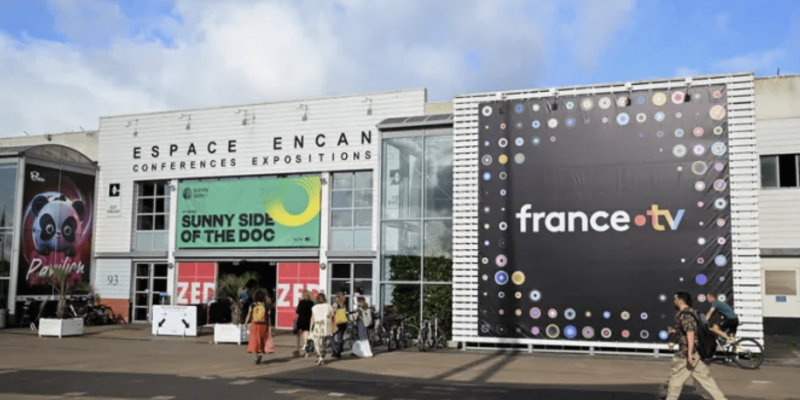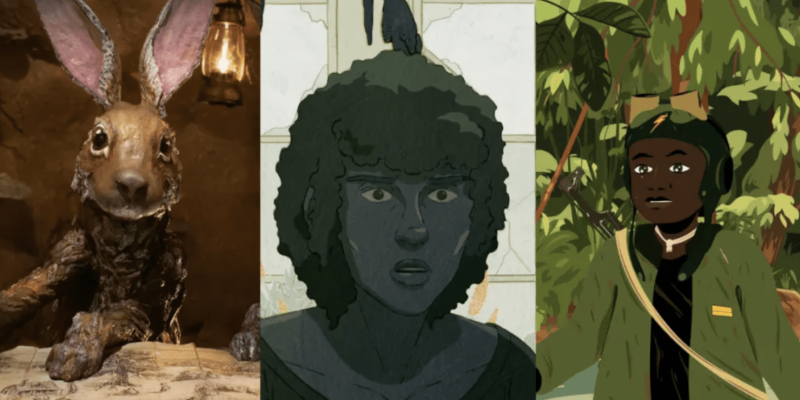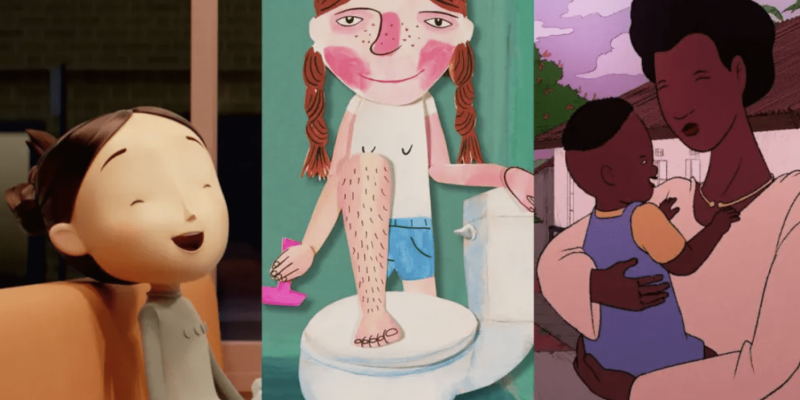As a filmmaker and CEO of a production company in Alberta, Nauzanin Knight is no stranger to the inner working of the Canadian film industry. With nine producing, eight directing and more credentials that continue to grow, she has been deeply involved in filmmaking and pitching stories for years.
Being in the industry, she started to notice a pattern and decided to do something about it. “I began to design this study as I observed the lack of representation of BIPOC women at industry events throughout Alberta,” said Knight in an email interview.
In 2021, she started doing interviews with BIPOC women with the support of the Canada Council for the Arts to create Building Inclusive Networks in the Film & Television Industry, a first of its kind research endeavor that looks into networking in the film and television industry in Canada to see where underrepresented groups are feeling barriers.
With background as a researcher and a BA in psychology, Knight took the role of the study’s designer, lead researcher, data analyst and report writer alongside a team of BIPOC women as research assistants to help her in her search for inclusivity.
Key Discoveries
Networking events are arguable one of the most important ways to move up in an industry, especially the film industry. According to general labour market research by Julia Freeland Fisher, director of education research at the Clayton Christensen Institute, 70% of all jobs are not published publicly on job sites and 80% of jobs are filled through personal and professional connections. So, when looking for support on a film endeavor, a production company to work with or a new project to get onto in the film industry, networking is your way in.
“A lack of opportunities for vertical or horizontal networking, especially in geographical centres having a smaller screen industry, restrict options for employment as well as prospects for creators to advance their own projects,” said Knight. “On the other side of the coin, when BIPOC women are missing from these gatherings, their absence perpetuates practices of hiring from the ‘inner circle’.”
The discoveries Knight made in her research was there are two key issues: either the networking opportunities are uncomfortable to BIPOC women, or they’re not invited at all.
Microaggressions, feeling unwelcomes or being tired that going to the events “don’t lead to anything”, as some participants said in the research are what lead to underrepresented communities facing an inherent barrier caused by behaviour in the industry.
“Many of our participants shared that they or their friends stopped attending industry networking events all together due to their past experiences,” said Knight.
On the other hand, some participants said that getting an invite in itself is a struggle, which leads to an even more obvious barrier for this community.
One phenomenon described by participants was the experience of racialized and Indigenous women being tired of coming to events that “don’t lead to anything”
How the Industry Needs to Change
Though these issues are deep-rooted, there are steps organisation can take into making networking events more inclusive moving forward.
“Most exasperating to our participants was that this front-facing work of inclusivity is being done ‘without being backed up by the work needed to ensure that the organization is actually inclusive’,” said Knight.
That is why at the end of the Building Inclusive Networks in the Film & Television Industry report, Knight and her team lay out clear steps for people to follow to create more inclusivity including a pre-production, production, post-production and distribution check-list for events.
“True diversity and inclusion have to come from the philosophy and makeup of the organization,” said Knight. Systemic and structural barriers need to be taken down internally so that attempts at “inclusion” are organic and truly welcoming to BIPOC women in the film industry.










